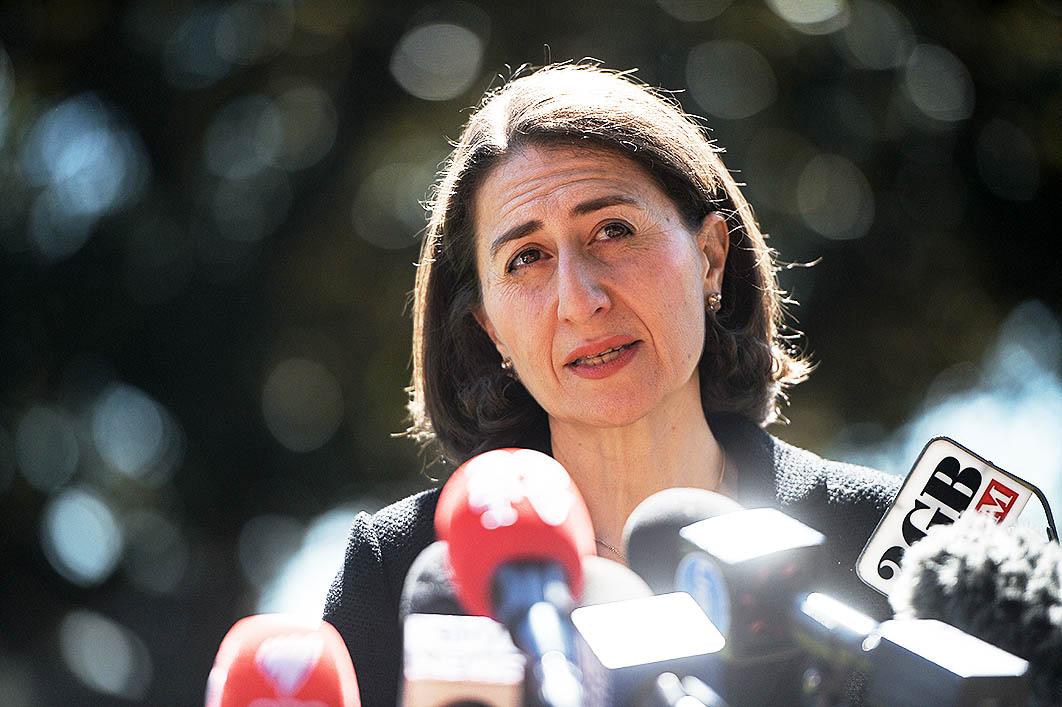Gladys Berejiklian’s Coalition government suffered a terrible by-election result in Wagga Wagga on Saturday, with the Liberal primary vote dropping by around 29 per cent and a two-party-preferred swing to Labor of roughly 14 per cent. The two-party figure is purely academic, though, because Labor, the Liberals and the independent contender, Joe McGirr, all captured primary votes in the mid 20s, which makes it almost certain that McGirr will be in the final round of counting against either the Liberal or Labor candidate.
For the first few hours on Saturday night, the NSW Electoral Commission distributed preferences as if this were a Liberal–Labor battle (which is how we got that approximate 14 per cent figure). But once McGirr’s strong showing became clear, the Commission threw that calculation away, and now we have to wait several days for it to go through a full preferential count, starting with distributing preferences from the candidate with the lowest number of primary votes. McGirr is most likely the winner, but a Labor victory is possible and a Liberal one a tiny, tiny chance.
What does this shocking outcome tell us about the likely result at the NSW election next year? Not a great deal. Before Saturday, the next election was looking like a toss-up, and that’s how it still appears today. The most recent Newspoll has the parties on a two-party-preferred 50–50.
Commentators and the political class generally take by-election outcomes extremely seriously, but it’s usually a great fuss about nothing. The fuss, however, can have consequences. Canning played a role in Tony Abbott’s demise in 2015. In July this year, a modest 3.7 per cent two-party-preferred swing to the opposition in Longman, beaten up beyond all recognition, contributed to Malcolm Turnbull’s downfall. Scott Morrison faces an inevitable double-digit swing, and possible loss, in Wentworth next month, but with an election due so soon, he is safe.
There’s little doubt the federal Coalition’s recent leadership shenanigans contributed, at least a little, to the result. Much more important was the abrupt departure of former Liberal MP Daryl Maguire, under investigation for alleged corruption. But if the federal Coalition can’t improve its standing over the next several months, it will continue to drag down its state counterpart.
Assuming the Liberals don’t retain Wagga, they will (or should) be praying they lose to Labor. Why? Because it is a very safe Coalition seat under normal circumstances (it even survived the 1999 and 2003 “Carr-slides”) and it is all but impossible to envisage a Labor MP retaining it at the next general election.
Rural independents, on the other hand, are very difficult to shift. •





